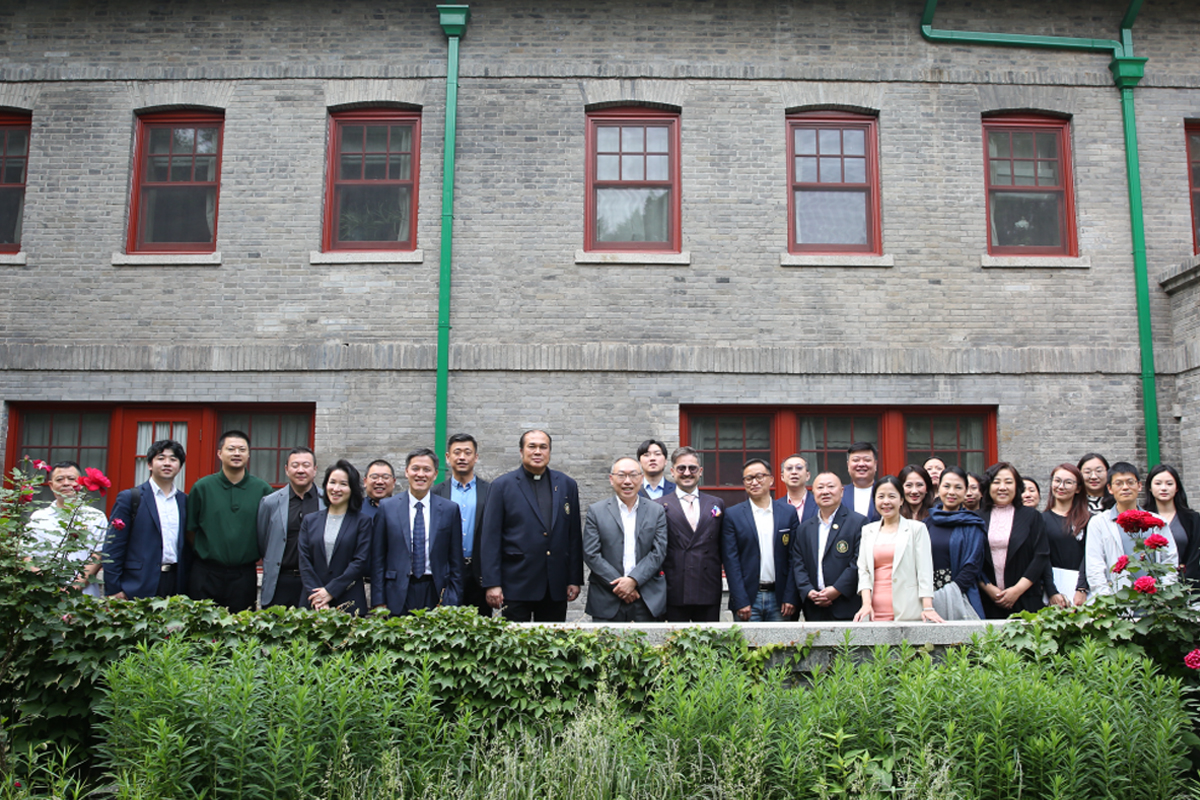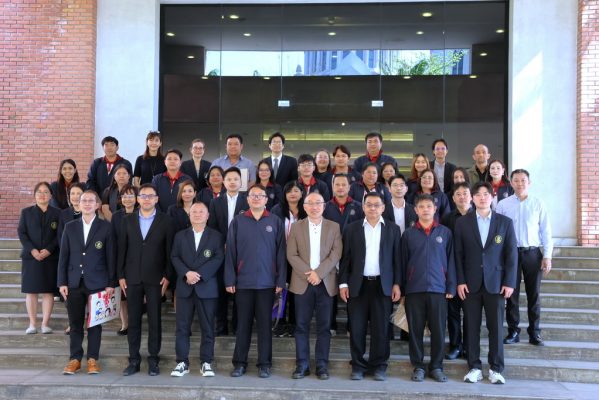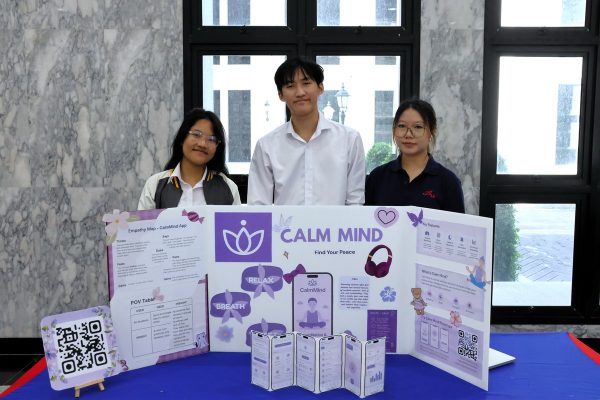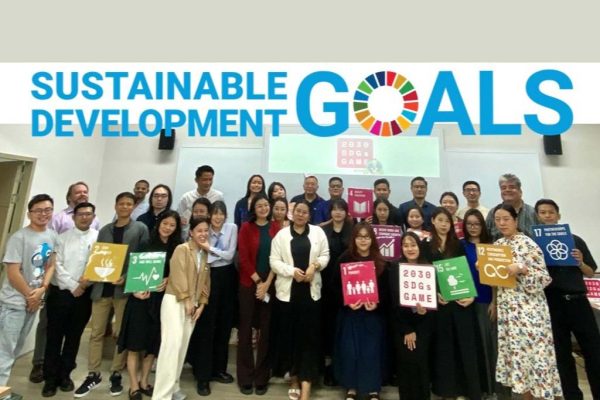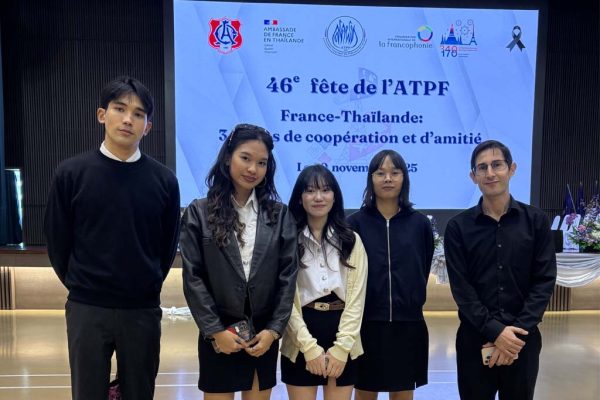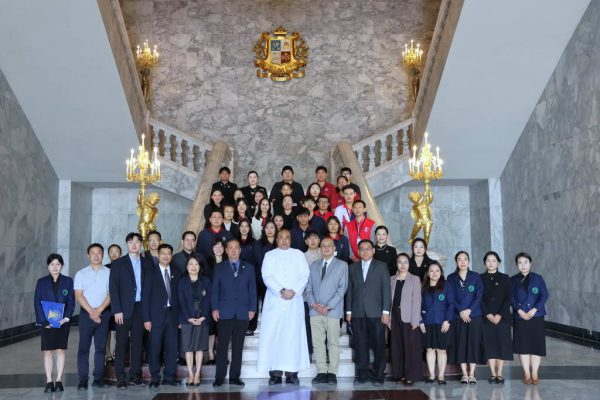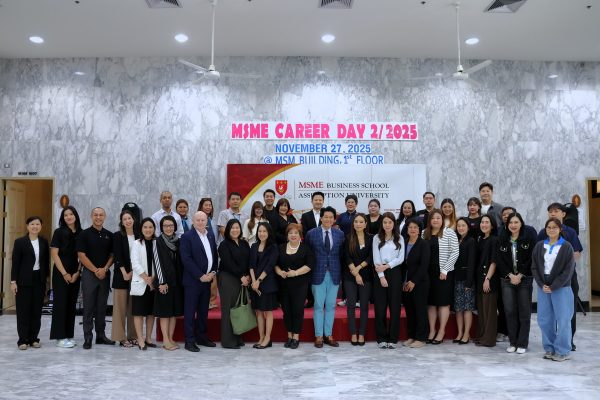May 18, 2025, Beijing — Assumption University of Thailand (AU), in collaboration with the School of Arts and the Institute for Cultural Industries at Peking University, the UNESCO Chair on Rural Creativity and Sustainable Development, as well as leading domestic and international institutions including Renmin University of China, Communication University of China, Beijing University of Technology, Perfect World Holdings, China Huaxia Cultural Heritage Foundation, Migu Culture Technology Co., Ltd., Beijing Chuanhuozhe Artificial Intelligence Technology Co., Ltd., Gyeongsang National University (South Korea), University of Paris VIII, Anhui University, Sichuan Fine Arts Institute, China Academy of Art, Beijing Normal University, the Institute of Cultural New Economy at Shanghai University, and Jinan University, jointly initiated the “Global Alliance for Innovative Development in Culture and Technology Integration” roundtable conference.
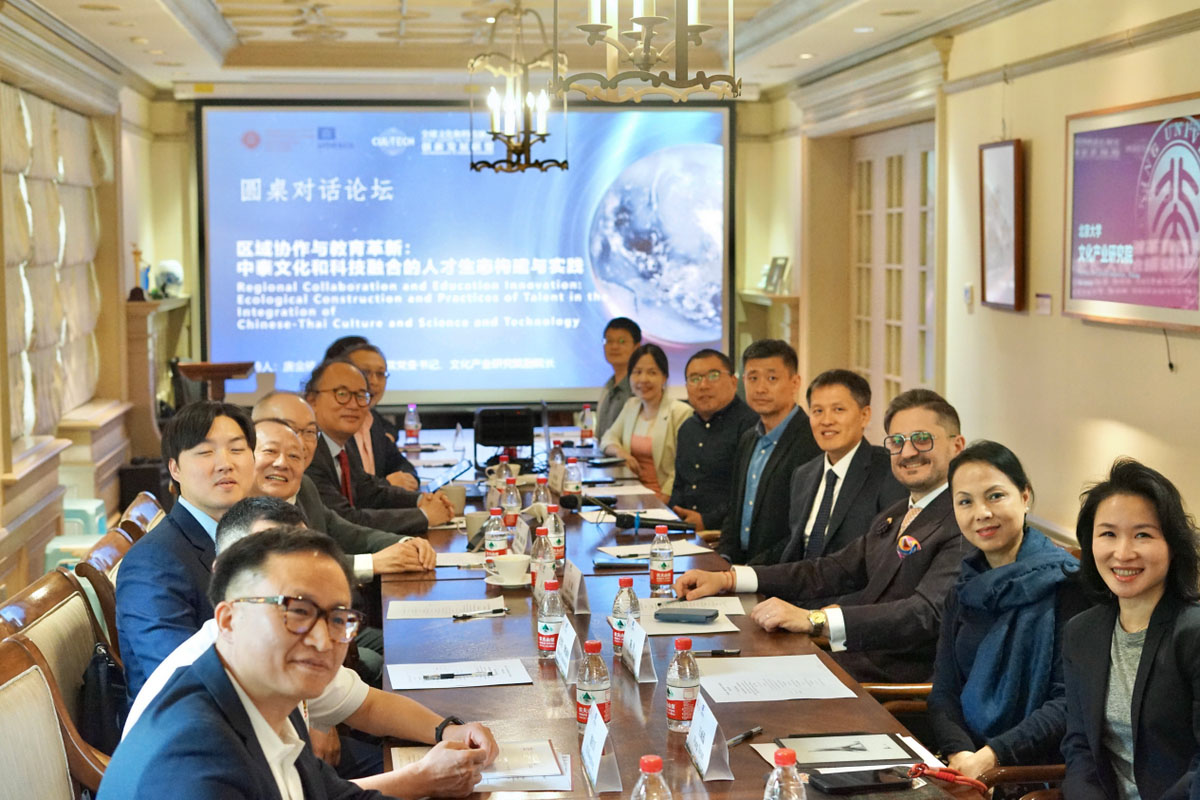
Themed “Regional Collaboration and Educational Innovation: Building a Talent Ecosystem for Culture and Technology Integration through Sino-Thai Cooperation” the conference aimed to promote innovative practices in the deep integration of global culture and technology through cross-cultural and interdisciplinary collaboration.
Establishment of the Alliance: Building a Global Collaborative Network
The conference officially released the “Beijing Declaration of the Global Alliance for Innovative Development in Culture and Technology Integration” proposing a core philosophy of “connection, empowerment, and symbiosis” to construct an innovative ecosystem featuring mutual empowerment between culture and technology. Alliance members unanimously committed to collaborating with governments, universities, enterprises, and social organizations to establish a multi-stakeholder cooperation platform integrating “government, industry, academia, research, application, and finance.”
Key initiatives include launching the “Leadership Development Program” “Innovation Laboratory Program” and “Thousand Sails Overseas Program” with a focus on cultivating interdisciplinary talents with cross-cultural, cross-technological, and cross-scenario competencies. These programs will drive innovative applications in fields such as artificial intelligence, XR interaction, and digital villages.
Professor Xiang Yong, Dean of the Institute for Cultural Industries at Peking University, stated: “The establishment of this alliance marks a new phase of collaborative creation in the global integration of culture and technology. Through resource sharing and institutional interoperability, we will explore sustainable development pathways with Chinese characteristics while contributing to global paradigms.”
Roundtable Dialogue: Focusing on Talent Ecosystem and Cross-border Collaboration
During the roundtable discussion session, representatives from Chinese, Thai and international institutions engaged in in-depth exchanges on key topics. Asst. Prof. Dr. Narong Aphiratsakun, Dean of the Vincent Mary School of Engineering, Science and Technology at Assumption University of Thailand, emphasized the practical significance of the “Sino-Thai Credit Transfer Program” and “Cross-border Internship Platform” for collaborative talent cultivation. Wang Yuyun, Chairman of Perfect World Holdings, proposed an industry-academia collaboration model featuring jointly-established laboratories. Professor Song Yangyang from Renmin University of China advocated for a “Dual-Mentor System” in educational reform to better integrate industry challenges into academic curricula.
Additionally, the conference announced the launch of the “Sino-Thai Talent Program for Culture-Technology Integration,” which includes establishing special scholarships, building joint research centers, and hosting regular international industry-academia-research summits over the next three years to accelerate knowledge transfer and talent mobility.
Looking Ahead: Open Collaboration and Ecosystem Co-construction
Moving forward, the Alliance will focus on creating a global “innovation field” for culture-technology integration. Through joint laboratory initiatives, digital cultural exhibitions, and international academic exchanges, we will facilitate cross-border flows of technology, creativity, and capital.
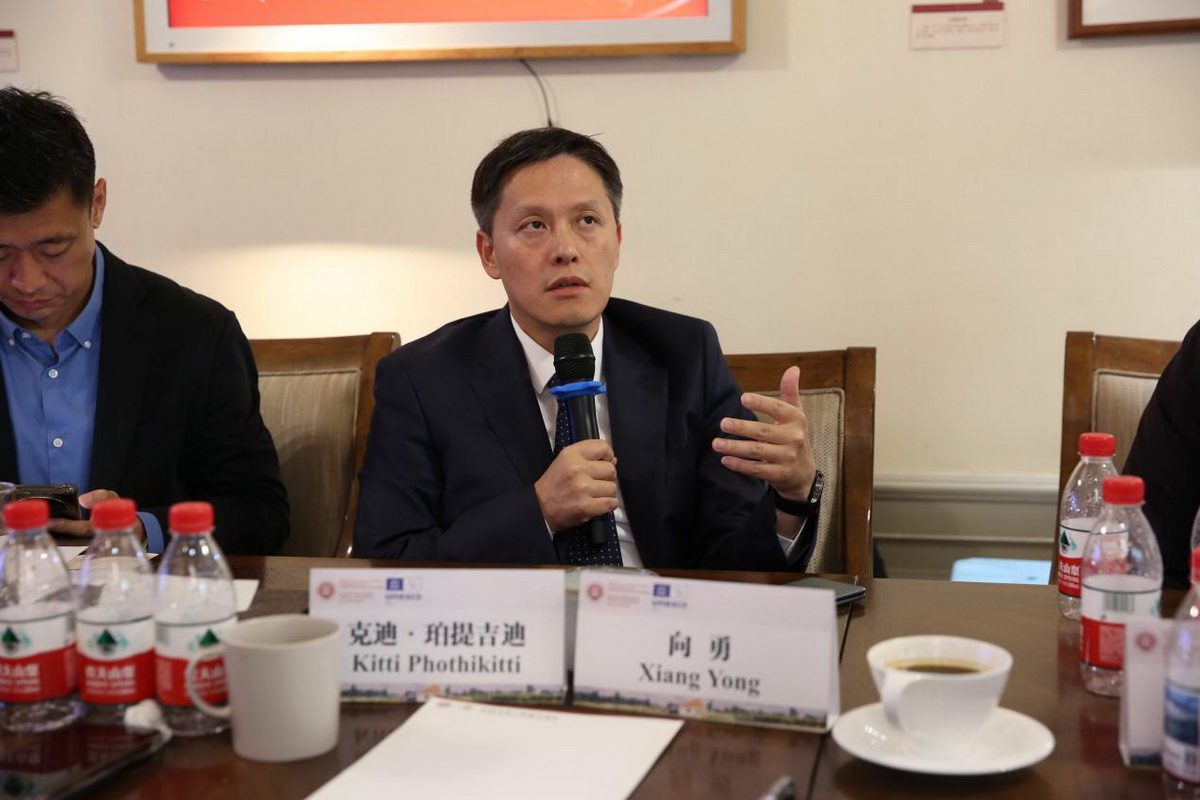
Xiang Yong, Dean, Institute for Cultural Industries, Peking University
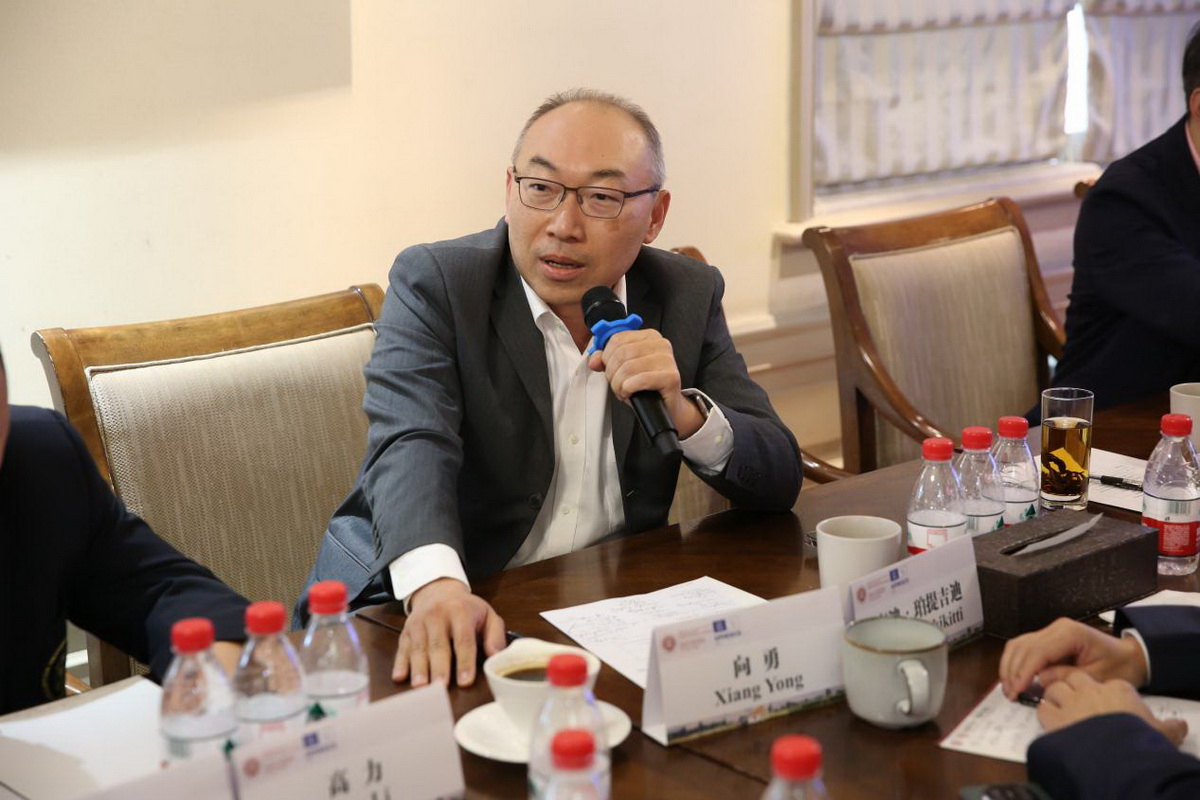
Asst. Prof. Dr. Kitti Phothikitti, Vice President, Assumption University of Thailand
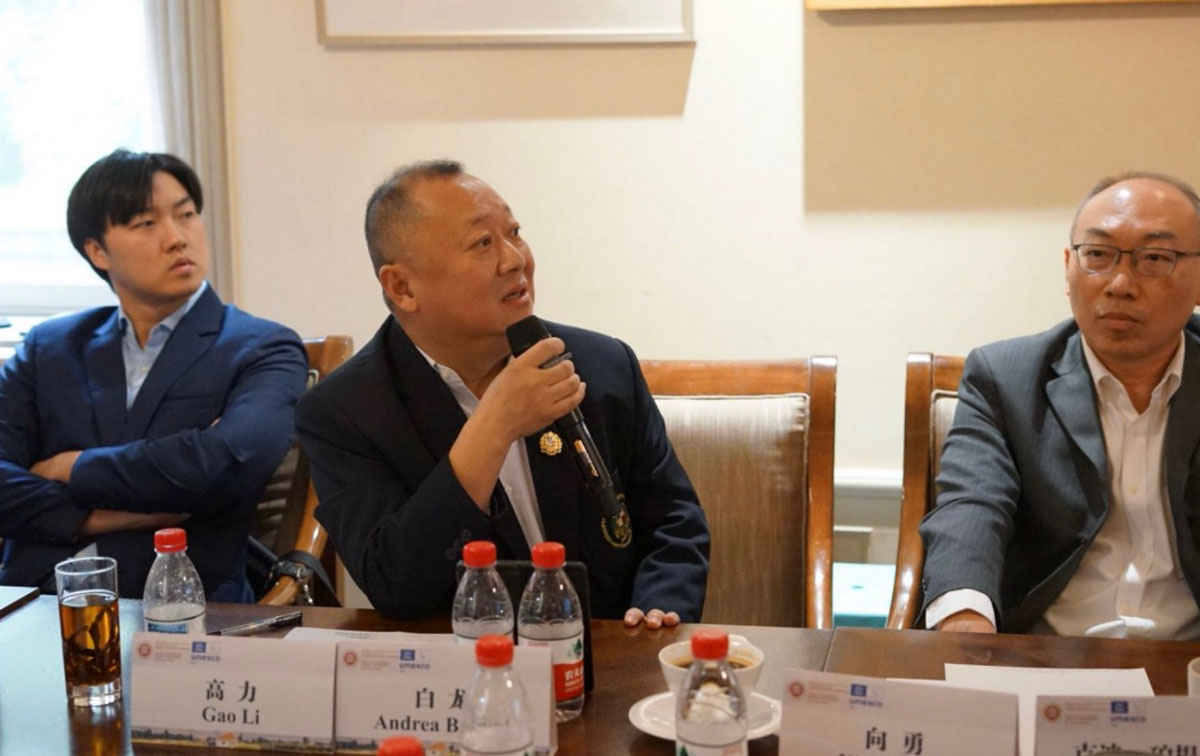
Dr. Gao Li, Assistant Vice President, Assumption University of Thailand
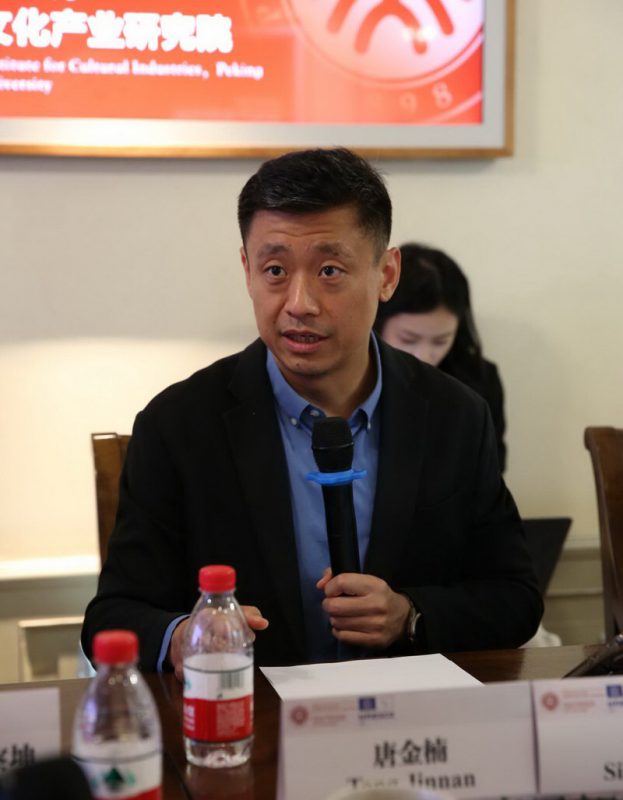
Tang Jinnan, Party Secretary, Law School, Peking University
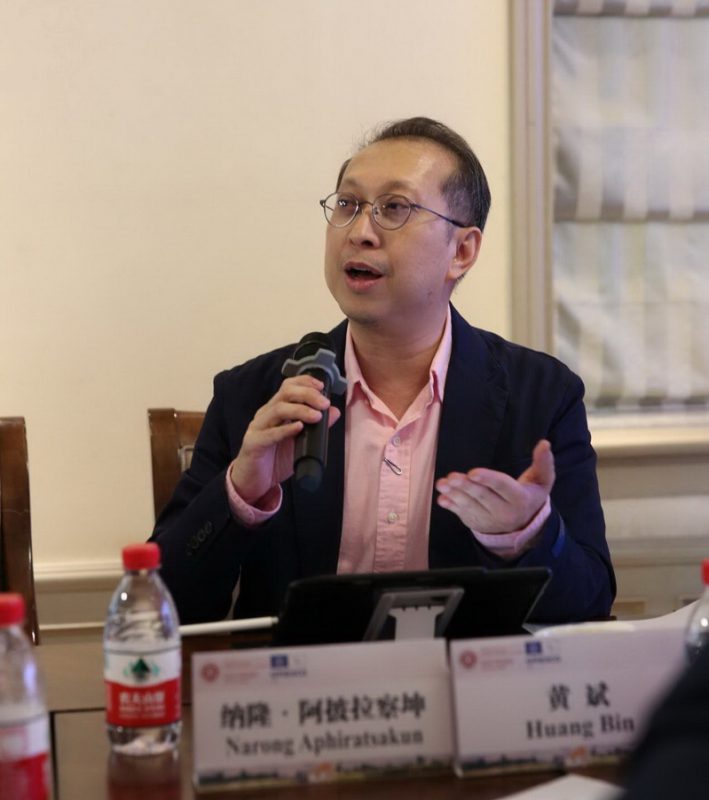
Asst. Prof. Dr. Narong Aphiratsakun, Dean, Vincent Mary School of Engineering, Science and Technology, Assumption University of Thailand
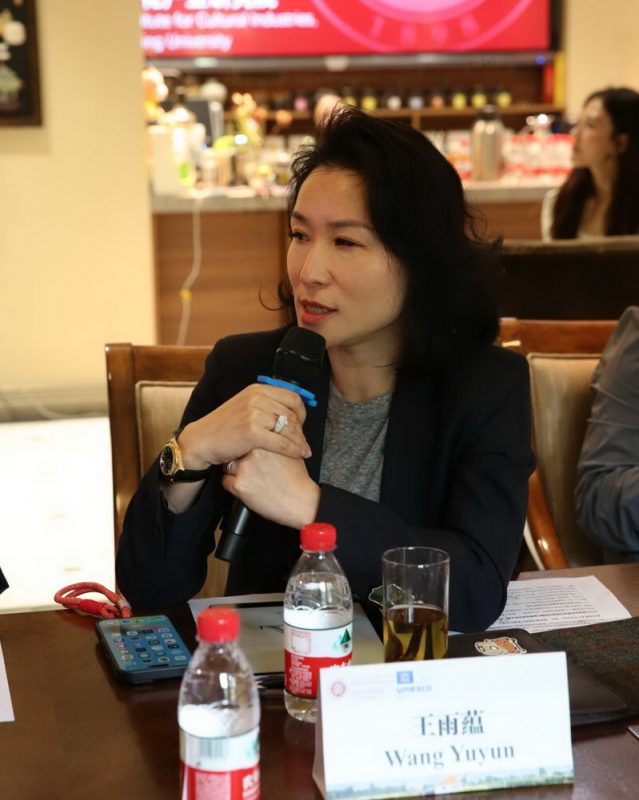
Wang Yuyun, Chairman of Perfect World Culture; Deputy to Beijing Municipal People’s Congress
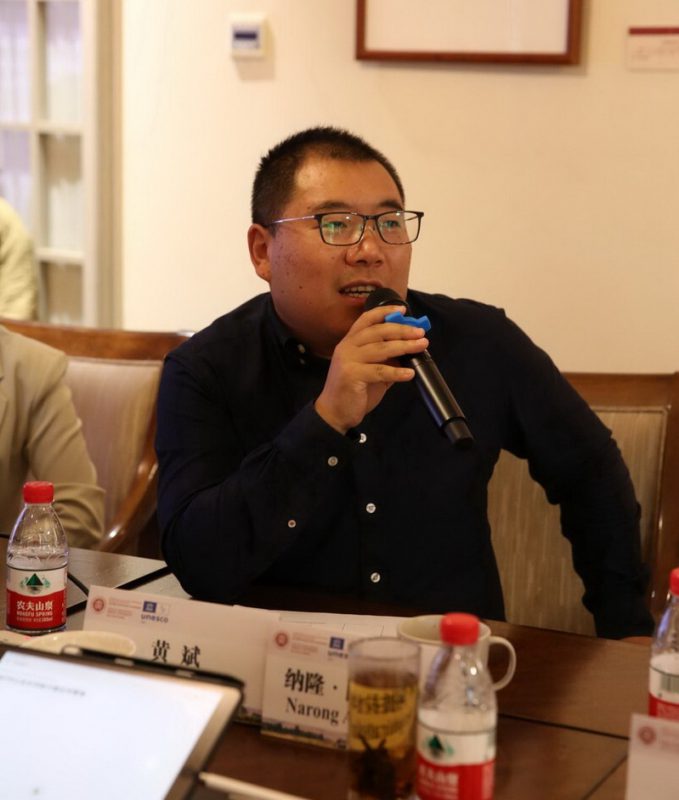
Huang Bin, Vice President, National Research Institute of Economics
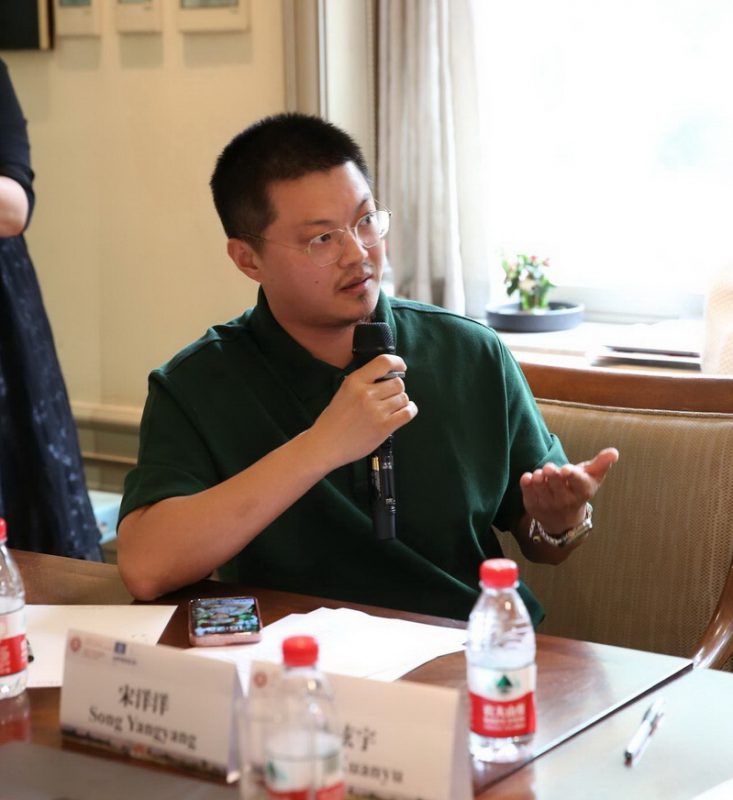
Song Yangyang, Vice Dean, School of Cultural and Creative Industries Technology, Remin University of China
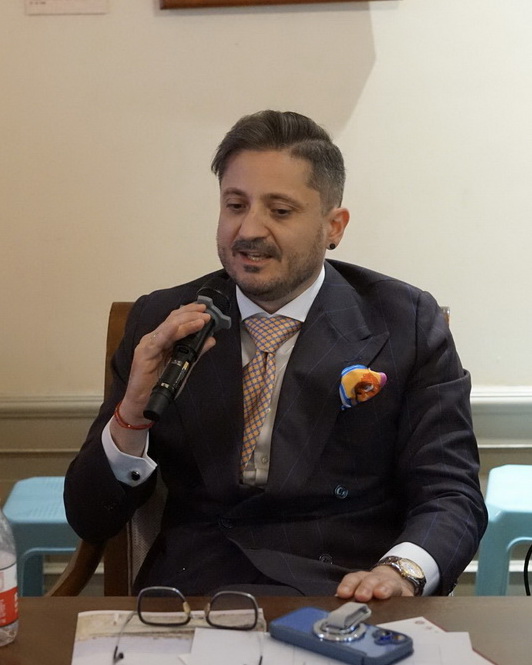
Prof. Andrea Baldini, Peking University
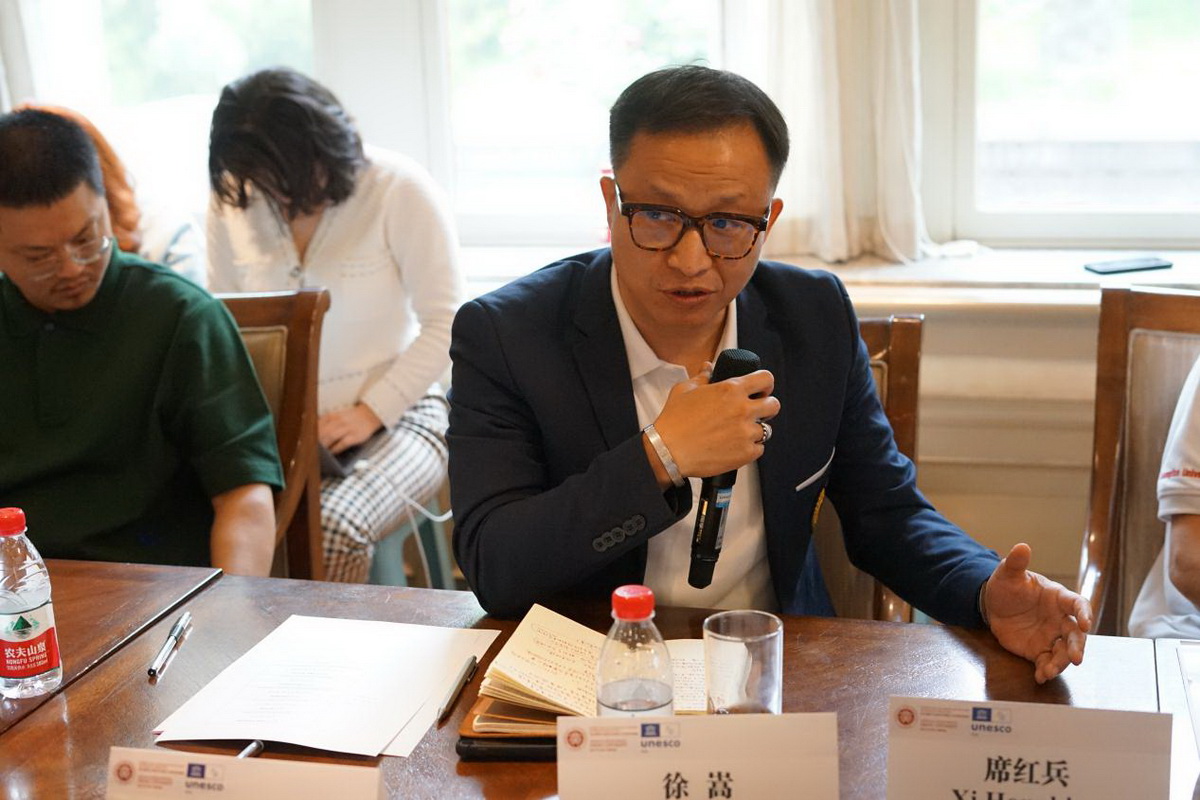
Xu Song, Director, Migu Culture Technology Co., Ltd.
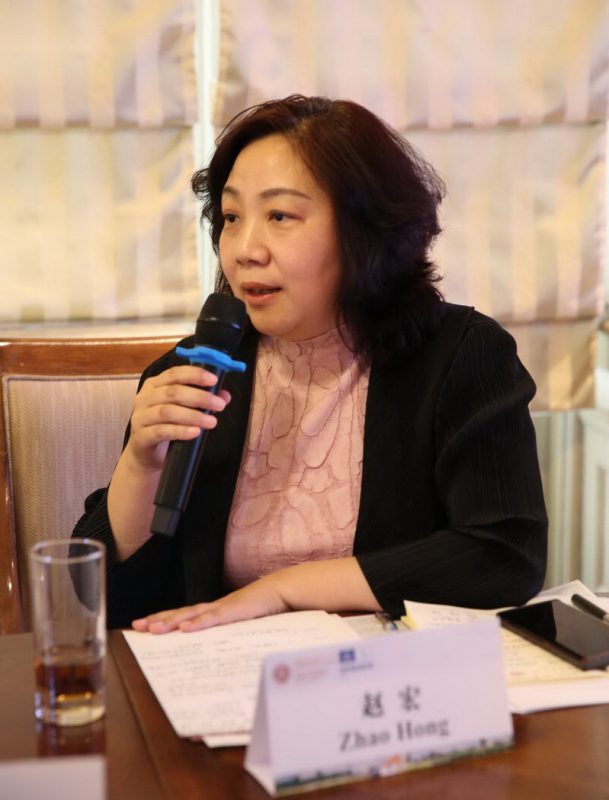
Zhao Hong, Director of Science and Technology Department, International Youth Leadership Development Special Fund, China Huaxia Cultural Heritage Fundation
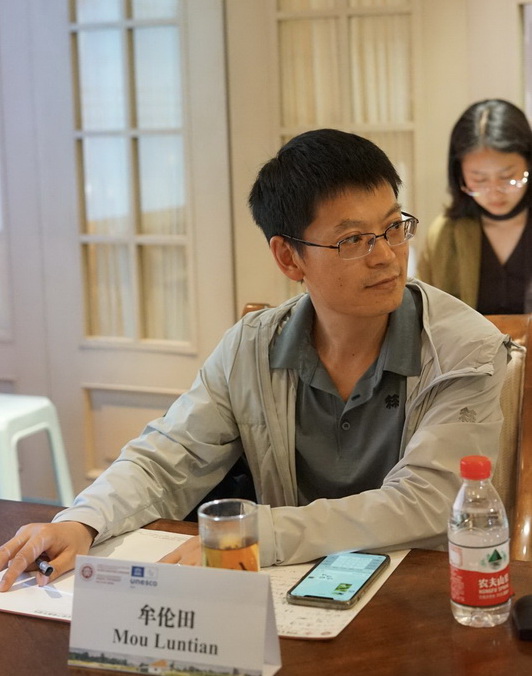
Mou Luntian, Associate Professor, School of Information Science and Technology, Beijing University of Technology
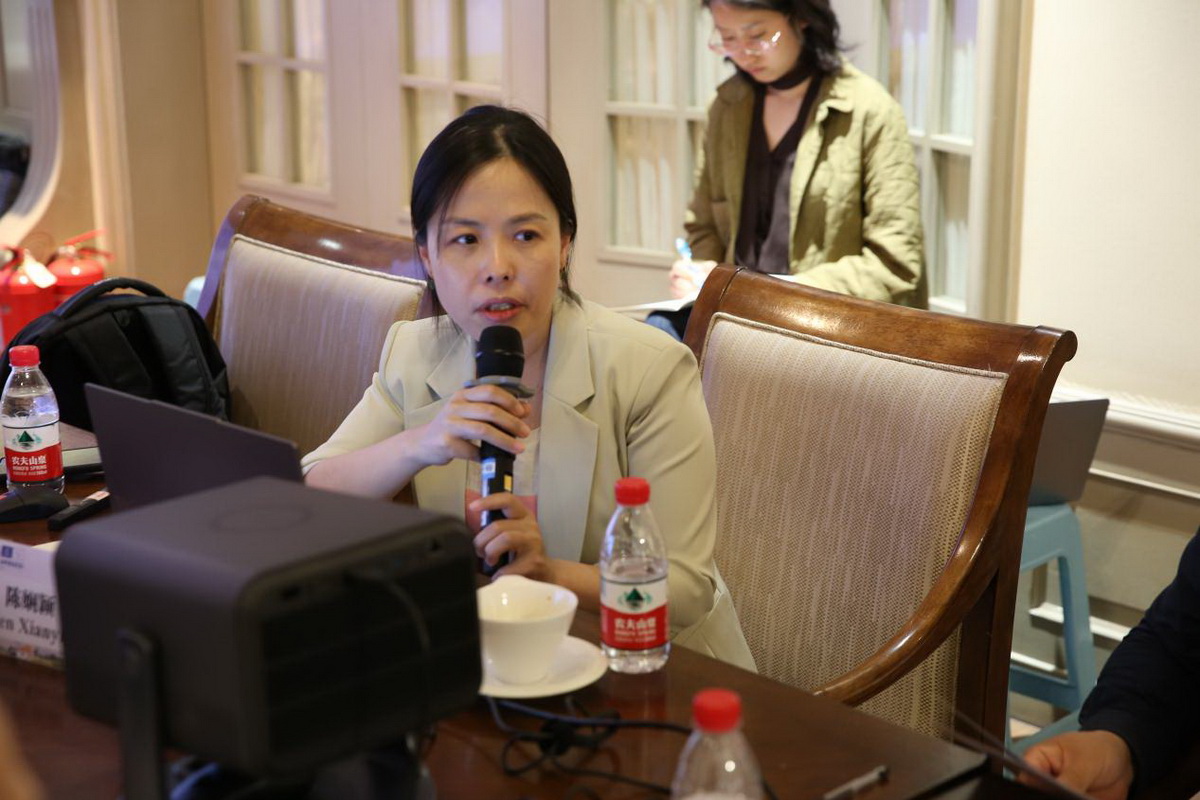
Chen Xianying, Associate Professor, School of Cultural Industries Management, Communication University of China
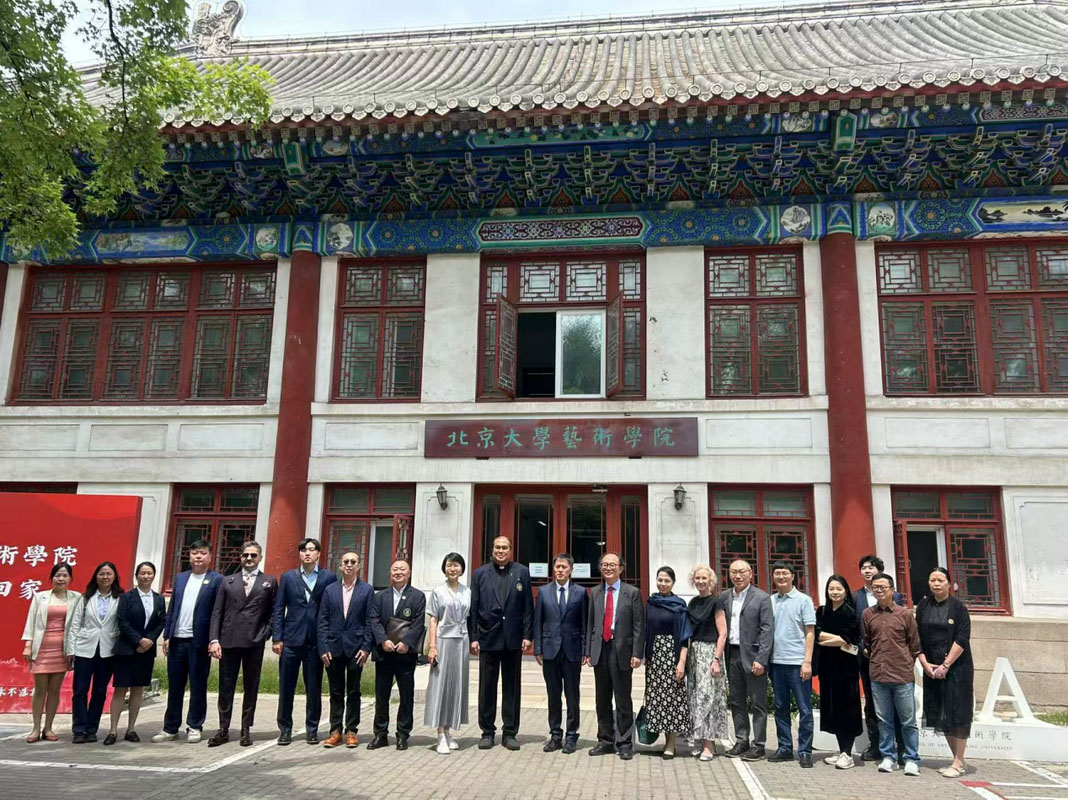
WRITER: ASSUMPTION UNIVERSITY OF THAILAND
More Information about Office of Graduate Studies, please visit:
Website: https://www.grad.au.edu/ , https://tcic.au.edu/
Facebook: https://www.facebook.com/abacgraduate/
Instagram: www.instagram.com/au_grad_studies
Twitter: https://twitter.com/AbacGrad
E-mail: grad@au.edu
Tel: (+66)-2783-2222 Ext.1360-61

